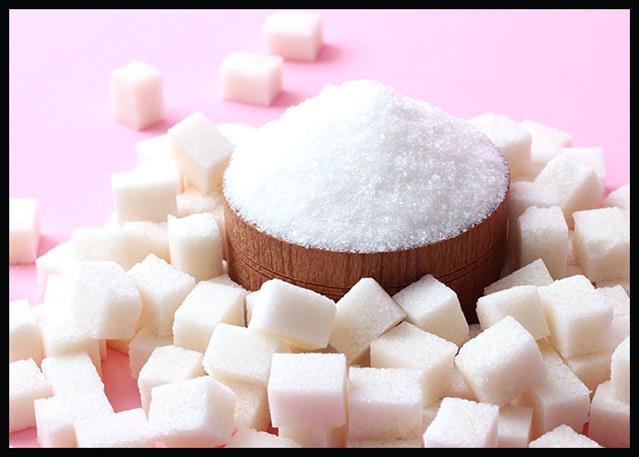
A recent study found that neotame, an artificial sweetener mostly used in cakes and soft drinks, could harm a person’s health by damaging the healthy gut bacteria.
Neotame, often referred as E961, was developed in 2002 to replace another sweetener aspartame. It was approved as “safe for use” by the European Food Safety Authority in 2010.
The findings published in the medical journal Frontiers in Nutrition, revealed that even a small dose of neotame can weaken the gut wall by invading healthy cells, which could eventually result in irritable bowel syndrome, intestinal inflammation, insulin resistance, and even sepsis.
Notably, the new research builds on the previous work of Dr Havovi Chichger, the senior author of the study, where she discovered that common sweeteners such as saccharin, sucralose and aspartame cause similar damage.
Chichger said, “There is now growing awareness of the health impacts of sweeteners such as saccharin, sucralose and aspartame, with our own previous work demonstrating the problems they can cause to the wall of the intestine and the damage to the ‘good bacteria’ which form in our gut”.
“Understanding the impact of these pathogenic changes occurring in the gut microbiota is vital. Our findings also demonstrate the need to better understand common food additives more widely and the molecular mechanisms underlying potential negative health impacts,” Chichger added.
The researchers of Anglia Ruskin University stressed the need for further research into the toxic effects of some of the artificial sweeteners that have been developed more recently.
Copyright © 2024, RTTNews.com, Inc. All Rights Reserved.















